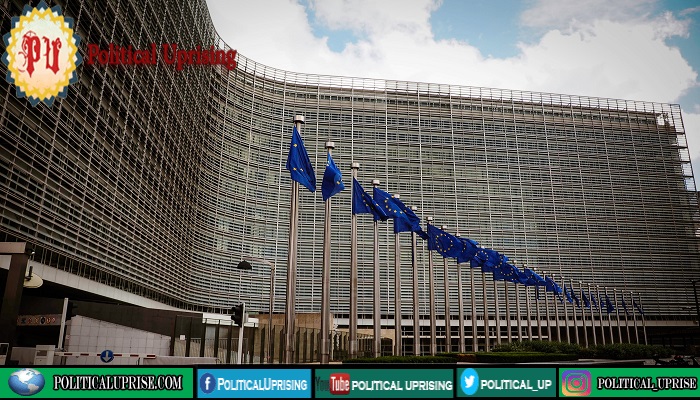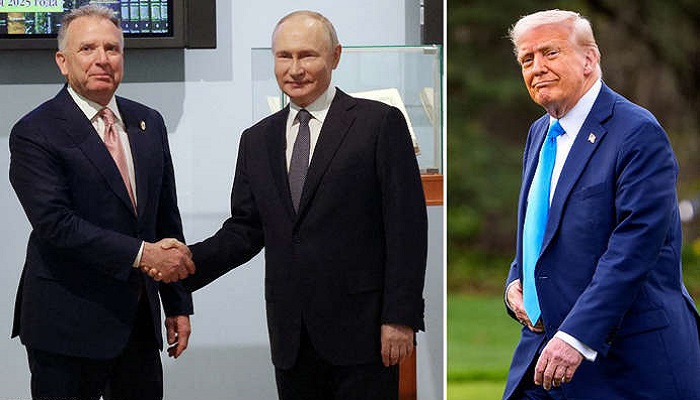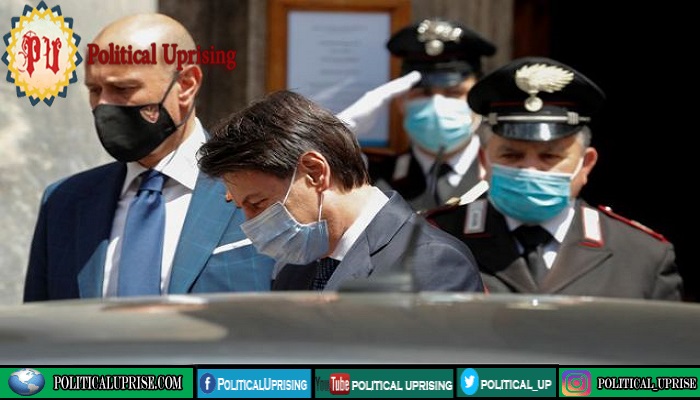European Commission said we must now focus on investment in public health and protecting jobs and companies, and worry about fiscal sustainability later.
In its annual recommendations to the bloc’s 27 countries, the EU executive said the EU should coordinate its approach to economic recovery once the coronavirus pandemic subsides.
Budget gaps in all EU countries except Bulgaria will widen well beyond the EU’s usual ceiling of 3% of gross domestic product this year as governments use public money to prop up economies that are expected to plunge into their deepest recessions ever this year.
EU and Britain demands both side give ground in trade talks
Public debt is also going to rocket, breaching the EU’s normal requirement that it should be falling.
“Our message is crystal clear there needs to be a supportive fiscal stance in all Member States and we recommend that all Member States take all necessary measures to effectively address the pandemic, sustain the economy and support the ensuing recovery,” European Commissioner for Economic and Financial Affairs Paolo Gentiloni said.
He also cautioned that governments should not sacrifice investment as they seek to rebalance their books in the future.
“It will be vital to avoid making the mistakes of the past: In the fiscal consolidation of 10 years ago, investment was the first victim.To repeat this approach would be to sacrifice our long-term priorities,” he said.
Taiwan raised questions at WHO neutrality
He urged governments to focus investment and reform during the recovery phase on the EU priority of a transition to a “green” and digital economy and ensuring social fairness.
To encourage EU governments to promote green and digital transformations, the EU executive will link the disbursement of more than 1 trillion euros in recovery funds in loans and grants over the next few years to these objectives, Commission Vice President Valdis Dombrovskis said.



